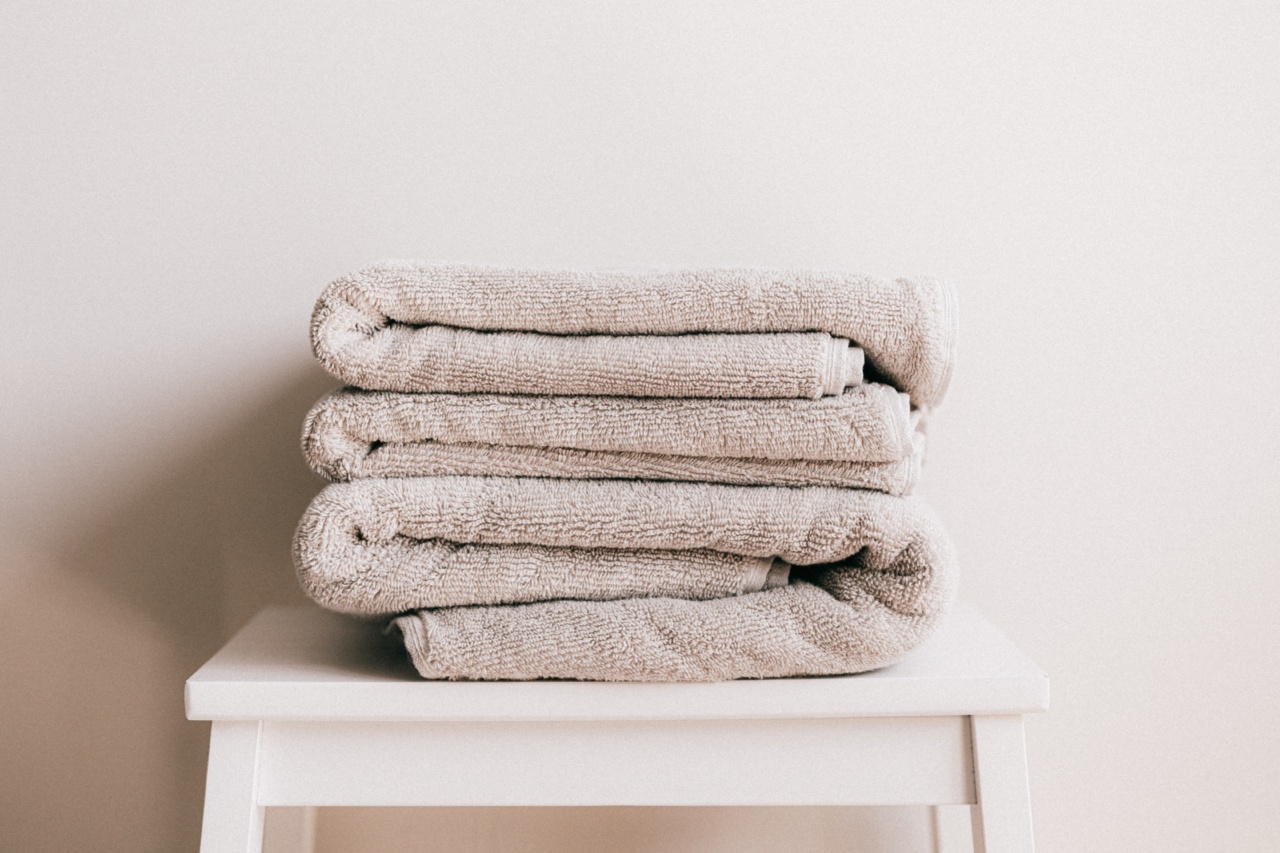Facial edema, also known as facial swelling, occurs when fluid accumulates in the tissues of the face. This can be caused by a number of factors, including allergies, injury, infection, or medical conditions such as kidney or heart problems.
If you are experiencing facial edema, it is important to consult a healthcare professional to rule out any underlying medical conditions. However, there are also simple remedies that can help alleviate facial swelling and promote healing.
1. Cold Compress
Applying a cold compress to the affected area can help reduce swelling and inflammation. To make a cold compress, wrap a few ice cubes in a towel or use a gel pack and apply it to the swollen area for 10-15 minutes at a time, 3-4 times a day.
If you don’t have a gel pack, you can use frozen vegetables such as peas or corn instead. Be sure to wrap them in a towel to protect your skin from freezer burn.
2. Massage
Gentle massage can help stimulate blood flow and lymphatic drainage, which can reduce facial swelling. Use your fingers to gently massage the affected area in circular motions for a few minutes at a time, 2-3 times a day.
Be sure to avoid applying too much pressure or massaging too vigorously, as this can exacerbate swelling and cause discomfort.
3. Hydration
Dehydration can contribute to facial swelling, as it can cause the body to retain water. Make sure you are drinking enough water throughout the day to stay hydrated.
Aim for at least 8-10 glasses of water a day, and avoid consuming excessive amounts of caffeine or alcohol, as these can dehydrate the body.
4. Elevate Your Head
When you sleep, elevate your head with an extra pillow to help reduce fluid retention in the face. This can also help alleviate sinus pressure and congestion, which can contribute to facial swelling.
You can also try propping up the head of your bed with blocks or wedges, if you find that sleeping with pillows is uncomfortable or causes neck pain.
Facial edema can be a frustrating and uncomfortable condition, but with these simple remedies, you can help reduce swelling and promote healing.
As always, be sure to consult with a healthcare professional if you are experiencing persistent or severe facial swelling.






























